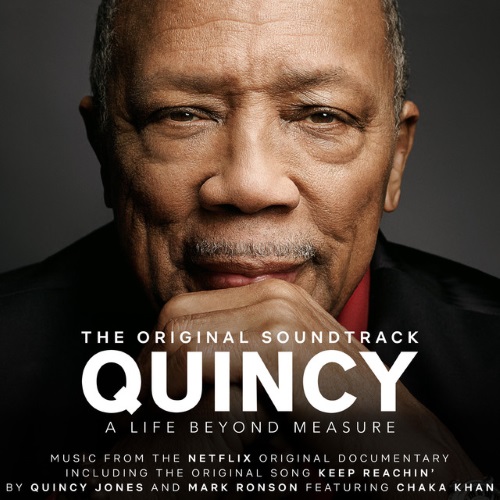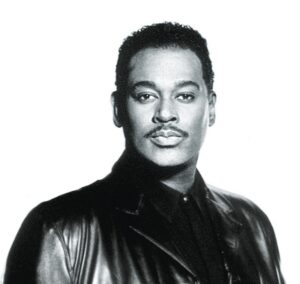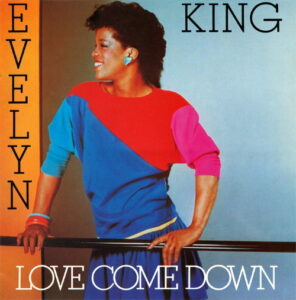He was a complicated genius who became the Renaissance Man of popular music in the second half of 20th Century. Quincy Jones was more than a name; he was a legend woven into the tapestry of soul, jazz, classical and pop music. Today we say a sad goodbye to Mr. Jones at age 91. He died with his family around him at his Bel Air home after several years of poor health.
Born on March 14, 1933, in Chicago, Illinois, Jones didn’t just embrace the music of his era; he redefined it. With a career spanning over seven decades, he was not only a composer, arranger, and producer but a cultural icon who left an indelible mark on the music industry. As Jones’ family said in a statement, “Although this is an incredible loss for our family, we celebrate the great life that he lived and know there will never be another like him.”
Jones cut his teeth in the jazz world, honing his skills as a trumpeter and arranger, working alongside luminaries like Lionel Hampton and Dizzy Gillespie. That led to work with many of the greats of the 50s and 60s, from Frank Sinatra to Ray Charles to Count Basie, cementing his reputation as a master of his craft. He also scored several hit movie soundtracks in a feverish decade of musical output that nearly broke him physically and emotionally.
The 70s and 80s saw a refreshed Jones ascend to even greater heights, as arguably the most notable producer of the era. He helmed landmark albums for Michael Jackson, including the iconic Off the Wall and Thriller, as well as influential discs by George Benson, Rufus, The Brothers Johnson, James Ingram, Patti Austin and others. Jones was also a chart-topping artist on his own albums, including Stuff Like That, The Dude, and the 1989 Grammy Album of the Year, Back On The Block.
Notably, Jones was at the center of the cultural event of the 1980s, the benefit single “We Are The World,” which he produced and helped organize. It would go on to win yet another Grammy for him and raise over $100 million for African aid. Jones’ leadership and unique talent to bring together and manage the greatest stars in the world at the event was captured in the Netflix documentary The Greatest Night In Pop.
Jones continued to work well into the 21st century, though he was slowed by declining health. But even as his time in public decreased, his reputation continued to grow, appreciated by three generations of fans. He ended his life as a revered musical icon, universally recognized as part of the Mount Rushmore of 20th century musicians. Rest in peace, Quincy Jones.
By Chris Rizik










